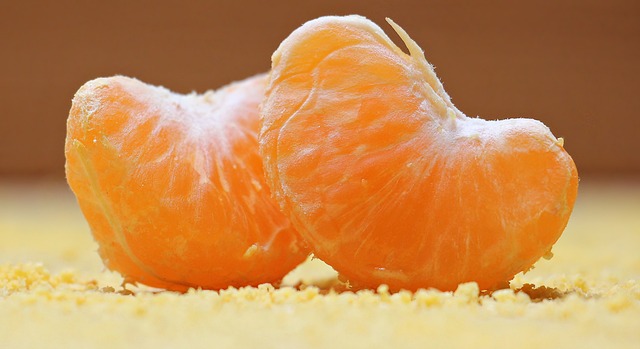Probiotics are live microorganisms that provide health benefits when taken in adequate amounts. They are commonly found in fermented foods and dietary supplements. Our gut is inhabited by trillions of microorganisms, including bacteria, viruses, fungi, and archaea. The majority of these microorganisms are harmless, and some are actually beneficial to our health. Probiotics are one example of beneficial microorganisms that can boost our immune system naturally.
The Importance of a Healthy Gut Microbiome
The gut microbiome is the collection of microorganisms that live within the lumen and mucosal layer of our gastrointestinal tract. A healthy gut microbiome is essential for maintaining optimal health. Disruption of the gut microbiome has been linked to a variety of health issues such as obesity, diabetes, autoimmune disorders, and inflammatory bowel disease.
Probiotics can help restore and maintain the balance of our gut microbiome. When taken in adequate amounts, probiotics can help repopulate the gut with beneficial microorganisms. A healthy gut microbiome can improve nutrient absorption and digestion, enhance the immune system, and reduce inflammation.
The Mechanism of Probiotics
Probiotics work by interacting with the gut microbiome and the immune system. Probiotics can stimulate the production of short-chain fatty acids (SCFAs) that have anti-inflammatory properties. SCFAs can help reduce inflammation in the gut and other parts of the body. Probiotics can also enhance the production of secretory immunoglobulin A (sIgA), which is a type of antibody that plays a crucial role in protecting the gut from harmful pathogens.
Probiotics can also modulate the immune system by increasing the production of regulatory T-cells, which help prevent the immune system from attacking healthy cells. Probiotics can also reduce the production of pro-inflammatory cytokines, which can cause damage to tissues and organs.
The Benefits of Probiotics
Probiotics have numerous health benefits. Here are some of the most notable benefits of probiotics:
- Probiotics can improve digestive health by reducing symptoms of bloating, constipation, and diarrhea.
- Probiotics can enhance the immune system and reduce the risk of infections.
- Probiotics can alleviate symptoms of irritable bowel syndrome (IBS), inflammatory bowel disease (IBD), and other gut-related disorders.
- Probiotics can reduce the risk of antibiotic-associated diarrhea by restoring the balance of gut microbiota after antibiotic treatment.
- Probiotics can improve skin health by reducing acne, eczema, and other skin-related issues.
- Probiotics can reduce inflammation in the body and improve overall health.
Sources of Probiotics
Probiotics can be found in various food sources and dietary supplements. Some of the most common sources of probiotics include:
- Yogurt: Yogurt is a fermented dairy product that contains live and active cultures of beneficial bacteria such as Lactobacillus and Bifidobacterium. When choosing yogurt, look for brands that contain live and active cultures and avoid those that have added sugars.
- Kefir: Kefir is a fermented milk drink that is similar to yogurt. It contains a variety of probiotic strains and has a tangy, slightly sour taste. Kefir can also be made with non-dairy milk such as coconut milk or almond milk.
- Sauerkraut: Sauerkraut is a fermented cabbage dish that is rich in probiotics. It contains various strains of Lactobacillus bacteria and can be eaten as a side dish or added to sandwiches and salads.
- Kimchi: Kimchi is a spicy Korean fermented vegetable dish that is rich in probiotics. It is made with various vegetables such as cabbage, radish, and cucumber and contains probiotic strains such as Lactobacillus and Bifidobacterium.
- Kombucha: Kombucha is a fermented tea drink that is rich in probiotics and antioxidants. It is made by fermenting tea with a symbiotic culture of bacteria and yeast (SCOBY) that produces probiotic strains such as Lactobacillus and







